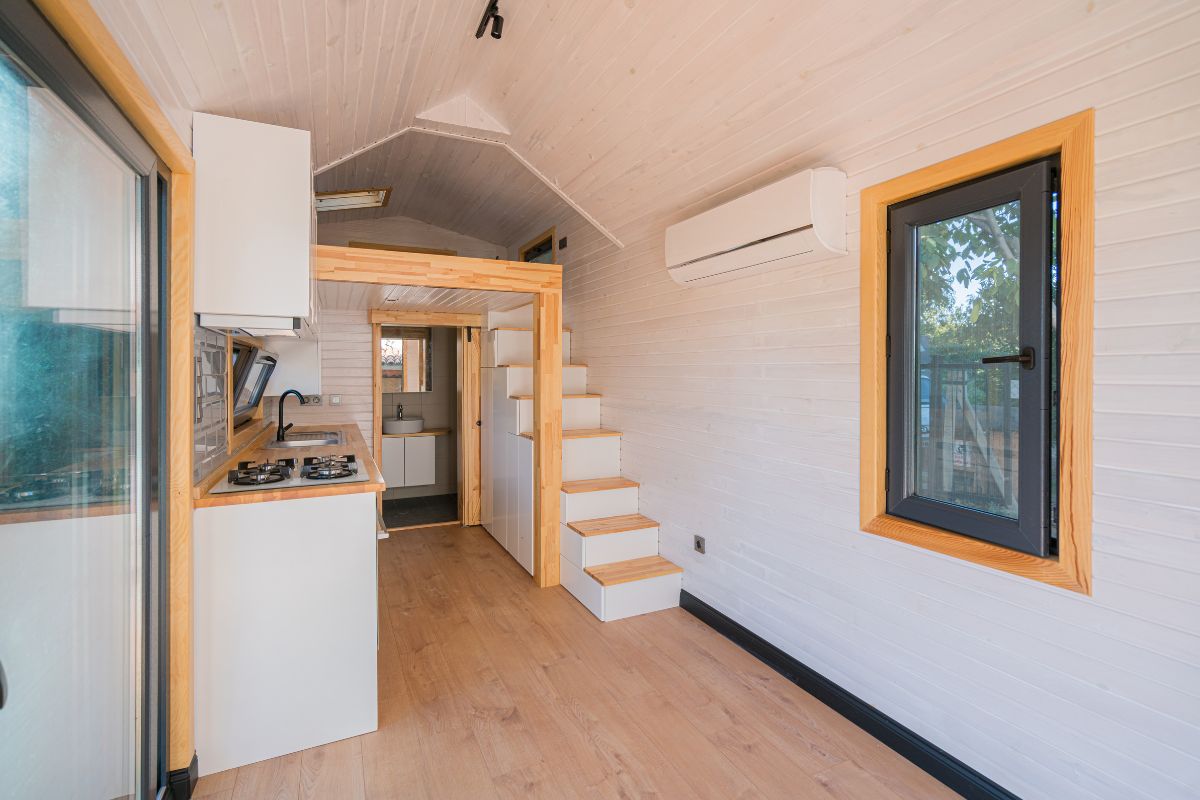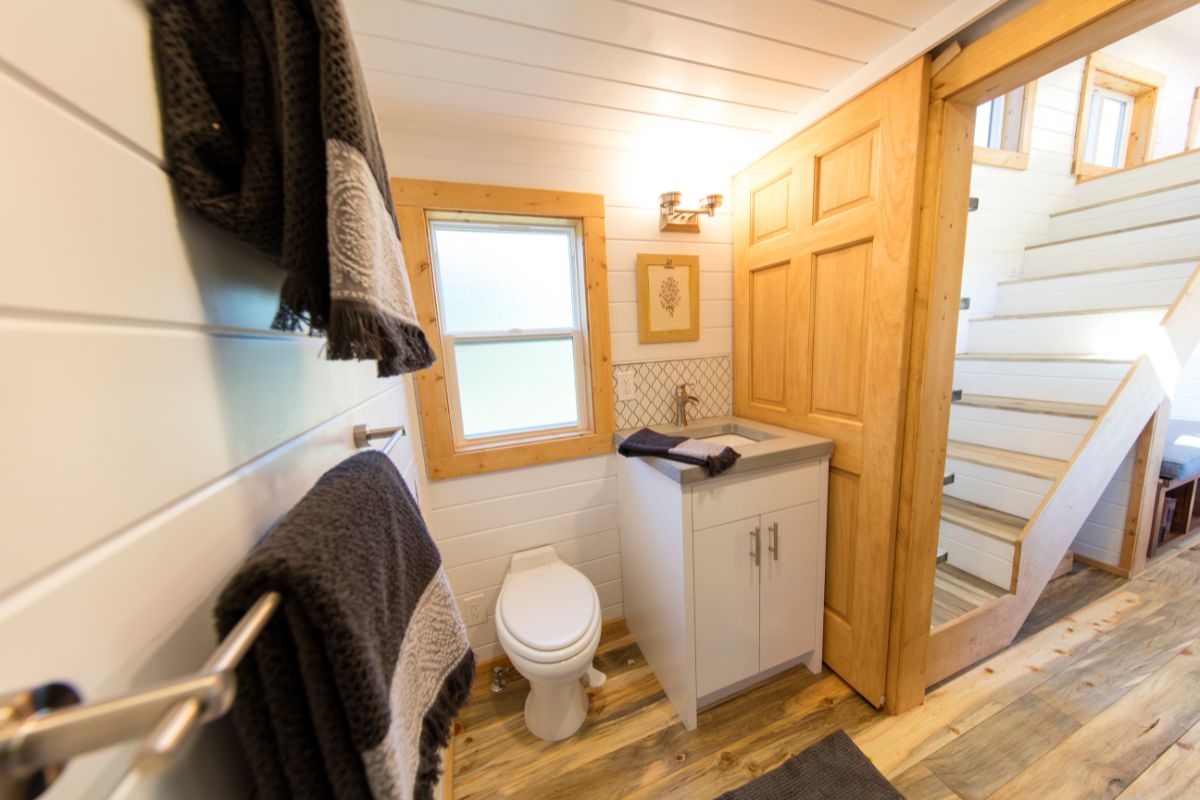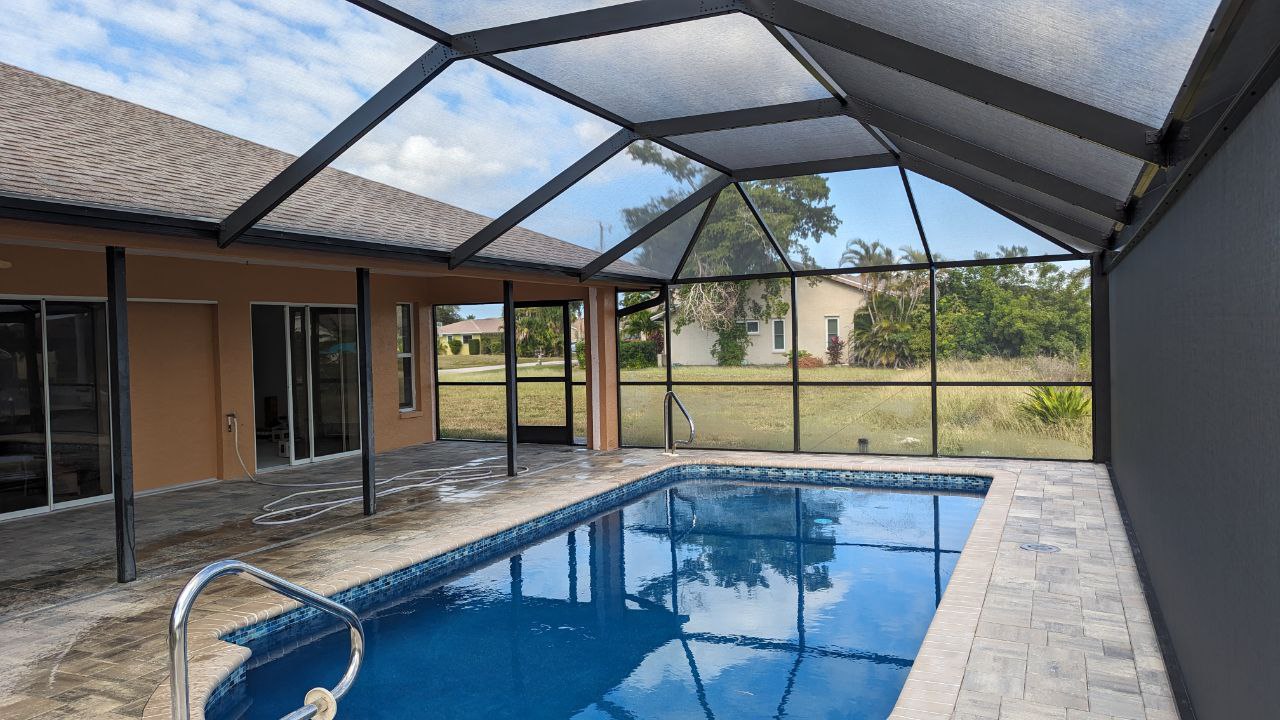Embracing tiny living helps individuals break free from traditional housing constraints and fosters a deeper connection to nature and community. Exploring tiny homes opens new investment opportunities and sparks conversations about what it truly means to live well. If you're thinking about investing in a tiny home, here are some tips to maximize your investment:
Research the Market
Before investing, it's essential to understand the current market landscape, especially for tiny homes. Research local demand, zoning regulations, and potential competition. Areas with growing interest in alternative housing solutions, like suburbs around major cities, often offer the best opportunities. As you research, consider looking into market predictions for Perth real estate, for instance, to gain insights into how tiny homes may fit into broader housing trends in the region. An informed understanding of the market can help inform investment decisions and maximize returns.
Understanding the market will also help you identify the best locations for your tiny home investment. Look into local amenities, transportation access, and community support for tiny living. Areas promoting sustainable living and growing acceptance of unconventional housing may yield higher returns on investment. By thoroughly researching the market, you’ll be better equipped to make informed decisions that align with your investment goals.
Choose a Desirable Location
Location is critical for any real estate investment, and tiny homes are no exception. Look for areas that allow tiny homes and offer appealing features such as proximity to services, entertainment options, and natural attractions. Communities that embrace alternative and sustainable living can significantly increase the desirability of your property, attracting like-minded individuals who appreciate the lifestyle that tiny homes promote.
Additionally, consider the potential for future development in your chosen area. Cities expanding their infrastructure or promoting green initiatives are often more likely to enhance property values over time. Investing in a tiny home in a desirable location can provide long-term returns and increase the likelihood of finding suitable tenants or buyers.
Consider Zoning Regulations
Checking with local authorities and understanding zoning regulations is crucial when investing in a tiny home. Some areas may restrict the size of homes or require specific permits for dwellings under certain square footage. Familiarize yourself with these limitations to ensure you're adhering to all legal requirements and avoid potential penalties.
Sometimes, your tiny home may fall into a gray area where it fits outside of traditional housing categories. In these instances, working closely with city officials to clarify any uncertainties and obtain the necessary approvals before proceeding with your investment is essential. By following proper procedures, you'll safeguard your investment and avoid any complications.

Maximize Space
One significant benefit of tiny homes is their efficient use of space. To maximize your investment, consider innovative design solutions to make your tiny home feel more spacious or adaptable to different lifestyles. For example, incorporating built-in storage spaces, multipurpose furniture, and creative layouts can enhance the functionality and appeal of your tiny home.
Moreover, feel free to get creative with outdoor living spaces as well. Investing in a small garden, deck, or patio area can provide additional living space and add value to your property. With limited square footage inside the home, utilizing outdoor areas effectively can significantly increase the overall livability of your tiny home investment.
Prioritize Quality Materials
Investing in high-quality materials is crucial when constructing or renovating your tiny home. Durable finishes, energy-efficient windows, and sustainable building materials enhance the aesthetic appeal and contribute to the longevity and comfort of your living space. Choosing well-made products that withstand the test of time minimizes the need for repairs or replacements, ultimately saving you money in the long run.
Additionally, using quality materials can significantly increase the property’s value. Buyers are often willing to pay a premium for homes built with superior craftsmanship and environmentally friendly components. When marketing your tiny home, highlight these features to attract potential buyers or renters looking for a unique and environmentally conscious living solution. Prioritizing quality improves your living experience and strengthens the financial viability of your tiny home investment.
Design with Practicality in Mind
Tiny homes often require a significant shift in lifestyle, as space is at a premium. When designing your tiny home, prioritize practicality and functionality over aesthetics. Consider how you will use the space daily and what features are essential for your comfort and convenience.
For example, incorporating adequate storage solutions, efficient appliances, and multipurpose furniture can maximize your living experience. By carefully considering every design element, you can create a functional and comfortable living space that meets your needs while appealing to potential buyers or renters.
Stay Up-to-Date with Trends
As consumer preferences evolve, so do design styles, sustainability practices, and technology. Staying informed about popular features like energy-efficient appliances, smart home tech, or innovative storage solutions can help keep your tiny home appealing and competitive. Engaging with tiny living communities, following industry publications, or attending trade shows can offer valuable insights into current trends and best practices.
Moreover, understanding broader lifestyle trends can inform how you market your tiny home. For instance, many buyers today prioritize eco-friendly and sustainable living solutions. By aligning your tiny home's features with these values—such as utilizing renewable materials or promoting energy efficiency—you can attract an audience that resonates with those ideals. Emphasizing these aspects in your marketing strategy not only enhances the marketability of your investment but also sets your property apart in a growing niche market.
Investing in a tiny home is not just about owning a smaller space; it's a mindset and a lifestyle. It requires careful consideration and planning, but the rewards can be immense. By embracing minimalism, mobility, sustainability, and community living, individuals can maximize their investment in more ways than one. Whether you're looking for a permanent residence or a secondary vacation home, exploring the world of tiny homes may open doors to new perspectives and possibilities. So why not see where this unique investment opportunity could take you?






Share: